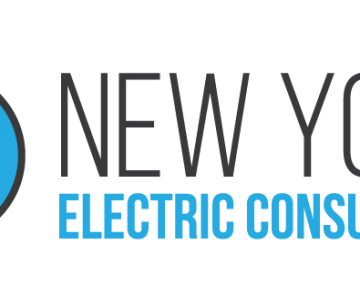New York Electricity Companies
States provide electricity to their residents in a variety of ways. Some are highly regulated, meaning that said electricity can only be purchased and consumed from either one entity (a state-run or private/state monopoly) or a handful of providers (an oligopoly). While others are deregulated, like New York, which became a deregulated state in 1998. Part of this process was unbundling individual energy bills. The principal things that were unbundled were charges for delivering energy to one’s home (or business) from the energy charges themselves.
On the energy side New Yorkers now have a wide choice. Energy Service Companies (ESCOs) actively compete for New York resident business. They will compete for your business within the major utility areas - Central Hudson, National Grid (Niagara Mohawk), Orange and Rockland, Rochester Gas & Electric, New York State Electric & Gas (NYSEG), Consolidated Edison and the Long Island Power Authority among others.
In terms of pricing, each utility sets a price in their own, proprietary manner. The rate varies per month which depends on the amount of energy purchased on long-term hedges coupled with short-term market purchases. It’s a tricky math and an ever-evolving/changing market that results in uncertain price stability or certainty. For very large customers (those consuming in excess of 500 kW), the companies will charge by the hour in order to control real-time fluctuations in the wholesale market. It’s essentially the only way they can protect themselves from minute by minute changes that had they not monitored on an hourly basis could greatly affect the utility company’s bottom line.
The two principal charges that residents receive from the supply of energy are the Market Supply Charge (MSC) and the Merchant Function Charge (MFC). The MSC is the absolute price that the utility pays for the energy your household consumes. The MFC is all the ancillary costs such as collection and billing charges, etc. Combine the two and that’s what it costs to turn the lights on, keep the Smart TV and Netflix moving, and having a working refrigerator, all nice perks in life. When comparing competitor pricing, always make sure the “total electricity supply charge” is being accounted for. This is a common mistake, folks comparing pricing unknowingly, including simply the MSC alone or vice-versa.
Some of the major players in the ESCO market are Direct Energy, Spark Energy Gas and Electricity, Champion Energy Services, Ambit Energy, National Grid, ConEdison, Constellation, PSE&G and Central Hudson. No matter your choice, your local utility will by law continue to deliver electricity to your domicile and respond to outages or interruptions. There are advantages and disadvantages like anything to energy deregulation, but for now New Yorkers appear to be content.


Comments:
Login to leave a reply